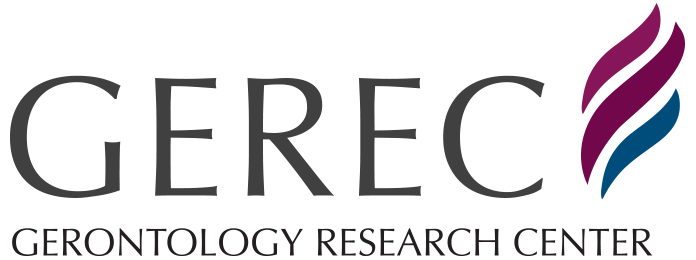
Leucocyte amount proportions associate with menopausal stage
The ERMA study investigates how hormonal differences between menopausal stages affect women’s body composition, physical activity and performance as well as their psychological functioning alongside examining the biological mechanisms involved.
The ERMA cohort comprises women aged 47 to 55 years living in the city of Jyväskylä and surrounding municipalities in Finland. The original invitation was posted to 82% of the cohort and 47% answered the invitation. The prequestionnaire form was received from 3,064 women, who then participated in the first phase of the study. Altogether, 1,158 women participated in the third study phase, which included a wide set-up of physiological and psychological measurements. Women were assigned to pre-, early and late peri-, and postmenopausal groups based on FSH concentrations and a bleeding diary.
ERMA includes a cross-sectional design as well as the follow-up from peri- to postmenopausal stage. The follow-up started in 2014 and lasts to the end of 2018.
Blood count was associated with female sex hormones
“The blood count with leucocyte subtypes was used as one indicator of general health condition of the women,” says docent Vuokko Kovanen.
The mean blood count values did not show any clinically critical values in any of the menopausal groups. This means that all blood cell values were at a normal level and, for example, any indications of acute infection, chronic inflammation nor anemia were present.
“Despite this, we found, perhaps a little surprisingly, that the total amount of leucocytes as well as the proportions of leucocyte subtypes showed significantly different values between the groups,” explains Kovanen.
Postmenopausal women had a lower amount of total leucocytes and proportion of neutrophilic leucocytes, while the proportion of lymphocytes was higher in comparison to women undergoing perimenopausal transition. Furthermore, the values were associated with estradiol and FSH concentrations.
Lymphocytes and neutrophilic leucocytes are involved in the immune responses and are mediators in inflammatory conditions. These also include, specifically, chronic low-grade inflammation, which intensifies with advancing age and is associated with several chronic diseases.
“Consequently, the follow-up study is very important and is expected to show whether this association is also seen as a change when transition from peri- to postmenopause occurs. Furthermore, we plan to expand the follow-up measurements from postmenopause onwards,” explains Eija Laakkonen.
ERMA researchers are confident in gathering a range of new knowledge concerning the development of health status among middle-aged women and of the effects of menopausal hormonal changes on their health status.
Read more about ERMA: https://www.:jyu.fi/erma
The protocol paper of the ERMA study is published in Menopause, the scientific journal of North American Menopause Society: https://www.ncbi.nlm.nih.gov/pubmed/29738416
Kovanen V, Aukee P, Kokko K, Finni T, Tarkka IM, Tammelin T, Kujala UM, Sipilä S, Laakkonen EK Design and protocol of Estrogenic Regulation of Muscle Apoptosis (ERMA) study with 47 to 55-year-old women’s cohort: novel results show menopause-related differences in blood count. Menopause. 2018 May 7. doi: 10.1097/GME.0000000000001117. [Epub ahead of print])
Further information:
Adjunct professor Vuokko Kovanen, Gerontology Research Center, Faculty of Sport and Health Sciences, University of Jyväskylä, Finland.
vuokko.kovanen@jyu.fi, phone: +358 40 805 3566
Research Fellow of the Academy of Finland and Adjunct professor Eija Laakkonen, Gerontology Research Center, Faculty of Sport and Health Sciences, University of Jyväskylä, Finland, eija.k.laakkonen@jyu.fi, phone: +358 40 532 6410
Current grants of ERMA:
Academy of Finland 2014–2018 (Vuokko Kovanen) and 2017-2022 (Eija Laakkonen)
Juho Vainio Foundation 2016–2018 (Eija Laakkonen)
EU Horizon 2020 / PANINI (2016–2019) (Sarianna Sipilä)
Ministry of Education and Culture 2018–2021 (Katja Kokko)
